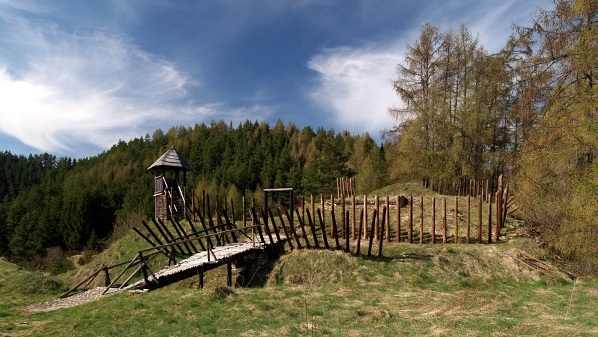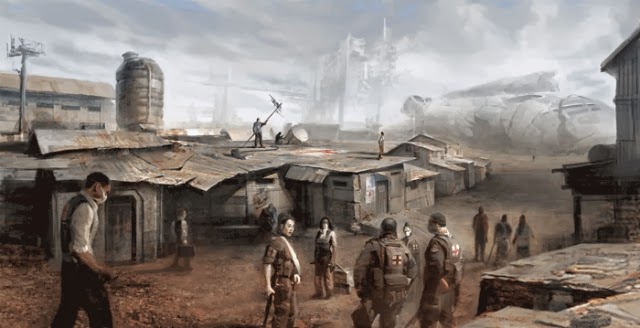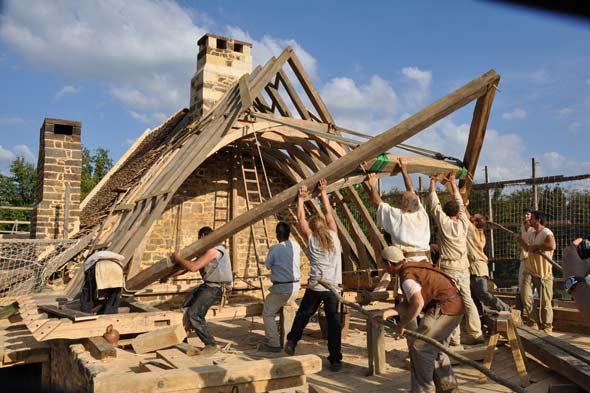An apocalypse may sound like something from fiction movies or stories, but for all we know it, it may happen sooner or later. There are multiple different reasons that could cause a cataclysm: climatic – such as runaway climate change; astronomical – such as an impact event with a large space body; destructive – such as nuclear holocaust or resource depletion; medical – such as a pandemic (natural or human-caused); eschatological (doomsday) – such as the Last Judgment, Second Coming or Ragnarök; or more imaginative, such as a zombie apocalypse, cybernetic revolt, technological singularity, dysgenics or alien invasion. In the aftermath of such events, the human survivors would need to rebuild civilization.
Power in numbers
One of the most important elements after an apocalypse would be the surviving number of people. According to the experts, a group of 10 people is unlikely to succeed and at least 20 are considered the minimum. This would prevent the first generation from being too closely related to one another. Diversity in skill and knowledge is also a plus.
Protection

A shelter is a basic need for human survival, but if the community expands, more advanced barricades, fortifications and protection system is required. The people would need to protect themselves from other hostile groups, species or zombies.
Food and water
Every community needs a reliable source of food and water. The individuals would need to find a way to ensure that there is enough food on the table and to distribute it properly. Saving part of these fundamentals is also a must, as the group needs to be prepared for some bad case scenarios.
Teamwork

Working as a team is crucial for the survival of the group, so they need to set a shared goal that will bring them closer. Once a community is driven toward a shared goal, the people will also be more inclined to help one another as individuals too.
Order and punishments
One of the more difficult aspects of sustaining a community is to establish an order which everyone will respect. This order has to be sustained with a fair punishment for those who misbehave.
Sharing of knowledge
The experts also underline the need for sharing knowledge in the community. All people, especially the younger ones need to inherit some crucial information like how to get food or where to find food. Experience can be shared in order to prevent individuals from risky experiments.
Technology and manufacturing

Someone in the group needs to be responsible for making clothing, tools and weapons. The people also need to find the resources needed for producing those commodities. Experts say that technology is important even at the basic levels, as the wheel or the stone ax changed the world when they were first invented.
Health care
One of the most dangerous enemies of the ancient civilizations were the diseases. Having public health strategies for minimizing contact with infected individuals or outsiders would be critical to the success of civilization. Specialized care would be extremely important for survival.
Trade

One of the biggest problems in building civilizations can be the lack of sharing resources, which can cause divisions and then force communities to compete with one another. Sharing and trading between different groups of people can be of mutual benefit in terms of goods, but also in terms of decreasing unnecessary rivalry.











